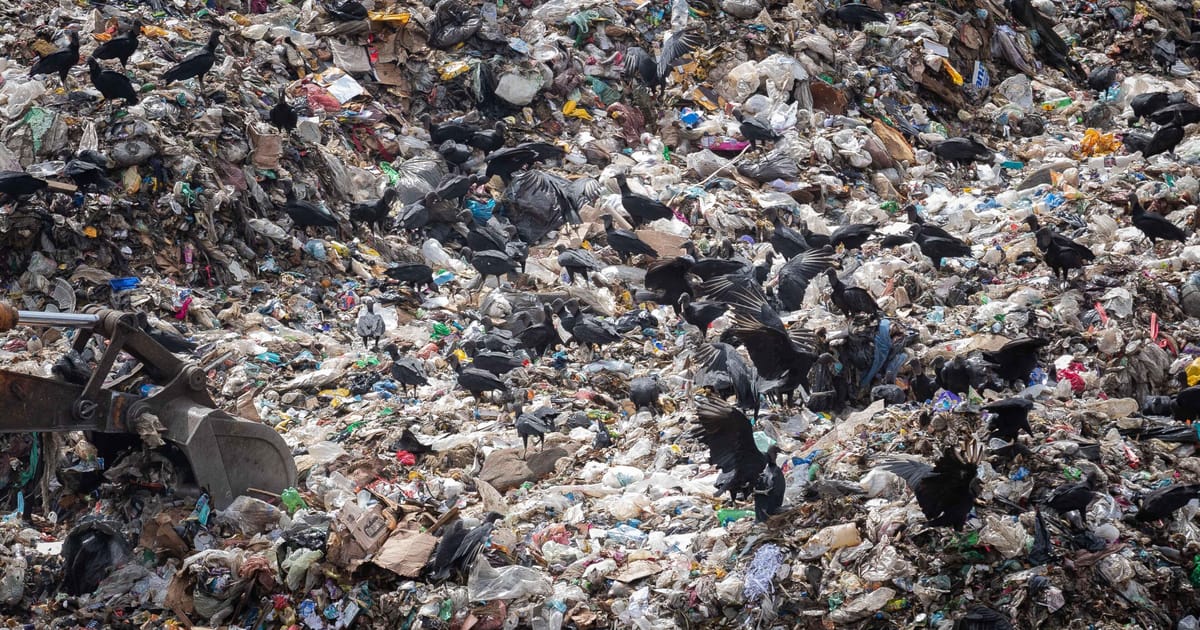

In the realm of environmental stewardship, recent global events highlight the ongoing challenges and efforts toward achieving sustainable solutions. From waste management innovations in Europe to resource management in Africa, various regions are experiencing significant ecological events, offering both lessons and opportunities for positive transformation.
Europe’s journey in waste management, which initially seemed promising, is now facing complexities. The practice of waste-to-energy, which involves the incineration of waste to produce energy, was once heralded as a greener alternative to conventional landfills. However, recent insights reveal that the incineration process is fraught with environmental concerns, including the emission of pollutants. This has prompted a reevaluation of strategies and potential enhancements to mitigate adverse effects while maximizing energy recovery. As policymakers and scientists collaborate, their collective aim remains to refine these processes to ensure a cleaner and more sustainable approach to waste management.
In Africa, the Democratic Republic of the Congo (DRC) presents a different but equally significant environmental situation. The government has initiated a licensing round for fossil fuel exploration, potentially transforming more than half of the country’s landscape. This decision has sparked a widespread dialogue, as the land in question encompasses vital habitats for endangered species like the lowland gorillas and bonobos, in addition to playing a crucial role in carbon sequestration. The delicate balance between economic development and environmental conservation is a central focus of discussions among local and global stakeholders, all striving for development that respects ecological boundaries.
Meanwhile, Asia is confronted with challenges stemming from natural phenomena. Recently, extensive flooding in Beijing resulted in the tragic loss of over 30 lives and the relocation of 80,000 residents due to unprecedented rainfall levels. These floods have stressed the importance of enhancing urban infrastructure to adapt to increasingly volatile climatic conditions. As communities recover, the focus is on building resilience and improving emergency response mechanisms to safeguard lives and property in future weather-related events.
As Europe and Asia navigate these challenges, Portugal highlights how proactive measures can address environmental threats. The country has put its maximum state of alert into action, mobilizing nearly 2,000 firefighters to combat forest fires, particularly in the Arouca area. Such preparatory actions are crucial in mitigating the effects of wildfires, ensuring the protection of both natural landscapes and nearby communities. Portugal’s ongoing investment in firefighting resources and techniques exemplifies the necessity of readiness and robust response plans in effectively managing natural disasters.
These unfolding scenarios across the globe serve as poignant reminders of the intertwined nature of human activities and environmental health. They underscore the importance of taking decisive and informed actions to protect our planet while promoting sustainable development. As we collectively address these challenges, such experiences inspire innovative solutions and foster hope for a more harmonious relationship with our natural world.
Source: {link}
